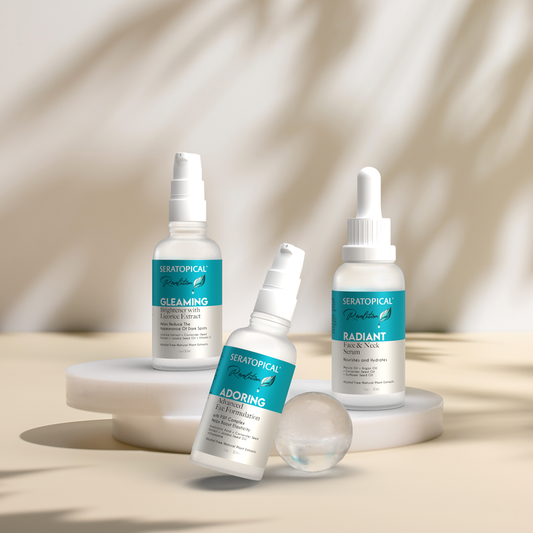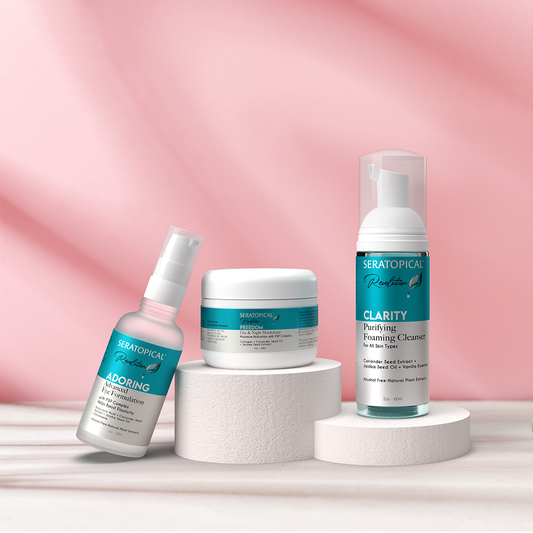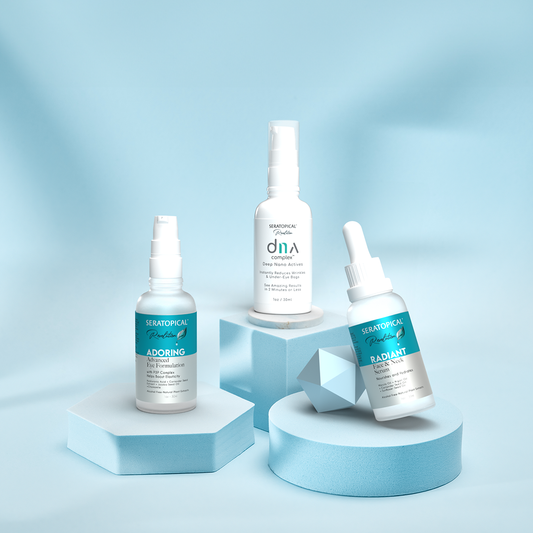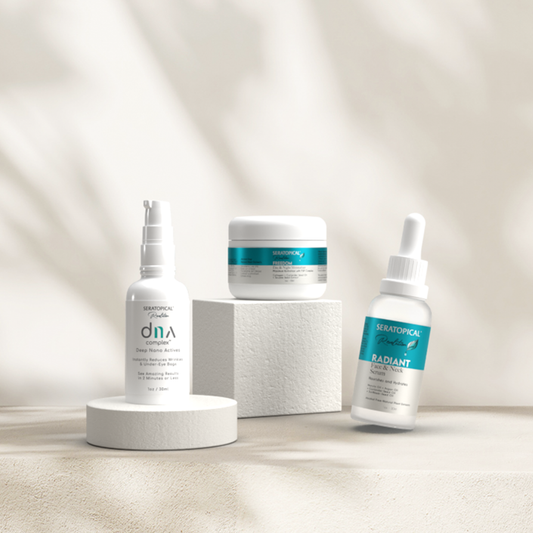Vitamin D is an essential vitamin that has a strong influence on many systems in the body. In order to produce vitamin D, the skin processes UVB energy from the sun’s rays. Since it has a natural source, this fat-soluble vitamin is often underrated. Which begs the question: when it comes to your body’s daily vitamin D requirements, is sunshine enough?
The Importance of Vitamin D in the Body
Vitamin D plays a crucial role in maintaining overall health and well-being. It is essential for the absorption of calcium and phosphorus, promoting strong bones and teeth. Additionally, vitamin D supports immune function, regulates cell growth and differentiation, and helps reduce inflammation. Adequate levels of vitamin D have been linked to a lower risk of chronic diseases such as cardiovascular disease, certain cancers, and autoimmune disorders. Sunlight exposure and dietary sources like fatty fish and fortified foods are important for obtaining sufficient vitamin D levels, making it imperative to ensure adequate intake for optimal health.
Daily Vitamin D Requirements for Adults
Experts suggest a vitamin D blood level of at least 32 nanograms per milliliter, or 20 ng/mL. They recommend that 800-1000 IU of vitamin D per day is required to maintain that level (1). Many think that a 10-minute break in the sun every now and then is enough to meet these daily needs—but this isn’t the case. When circumstances are just right, 10-15 minutes of sun a few times a week would give us almost all the vitamin D needed, but the truth is that the season, time of day, your location, cloud cover, and even pollution can affect the amount of UVB your skin receives. Relying on diet won’t work either—though vitamin D is also found in certain foods like fatty fish and fortified dairy products, it’s difficult to get the recommended daily intake (RDI) from diet alone. Vitamin D-rich foods are scarce, and you would have to consume a huge amount of them to get an adequate amount of vitamin D per day. (1) There are seven common risk factors for vitamin D deficiency (2):
- Lack of fish or dairy in the diet
- Location where sunshine is scarce year-round
- Using sunscreen every time you go out
- Older age
- Staying inside
It won’t occur to most people that they are vitamin D deficient because symptoms are subtle, for the most part. You might not detect them right away, despite a negative impact on your overall sense of wellbeing.
Signs and Symptoms of Vitamin D Deficiency
Vitamin D deficiency can manifest through various signs and symptoms. Common indicators include fatigue, muscle weakness, and bone pain, which may escalate to frequent bone fractures or osteoporosis in severe cases. Additionally, individuals with insufficient vitamin D levels might experience depressed mood, impaired wound healing, and compromised immune function, leading to frequent infections. Moreover, hair loss, aches and pains, and difficulty in wound healing are also potential signs of deficiency. Regular monitoring of vitamin D levels and appropriate supplementation or dietary adjustments can help prevent or alleviate these symptoms.
1. Fatigue
There are many reasons you might be struggling to stay awake. Vitamin D deficiency could be one of these reasons. According to a 2015 study, low vitamin D levels in blood can lead to fatigue that can have a severe negative effect on quality of life (2).
2. Bone and Back Pain
Vitamin D is essential in maintaining healthy bones because it improves calcium absorption in the body. If you’ve been feeling bone pain and lower back pain, it might indicate a lack of vitamin D in the body. Multiple studies have shown a correlation between vitamin D deficiency and chronic lower back pain (3).
3. Depression
This key ingredient is also vital to maintaining an elevated mood and preventing a depressed one. Multiple review studies have linked vitamin D deficiency to depression, especially in older adults (4).
4. Impaired Wound Healing
Impaired wound healing refers to a delay or difficulty in the body's ability to repair damaged tissue, which can result from factors such as poor circulation, underlying health conditions like diabetes or malnutrition, medication side effects, or insufficient nutrients like vitamin C and zinc. Prompt medical attention and appropriate wound care are essential to prevent complications and promote healing.
5. Hair Loss
Hair loss, also known as alopecia, can occur due to various factors such as genetics, hormonal changes, medical conditions like thyroid disorders or autoimmune diseases, medication side effects, or nutritional deficiencies. It often presents as gradual thinning or sudden shedding of hair from the scalp, eyebrows, or other parts of the body.
6. Compromised Immune Function
Compromised immune function refers to a weakened ability of the body's immune system to effectively defend against pathogens and maintain optimal health. This can result from factors such as chronic stress, nutritional deficiencies, medical conditions like HIV/AIDS, certain medications, or autoimmune disorders.
Natural Ways to Boost Vitamin D Levels
Natural ways to boost vitamin D levels include spending time outdoors in sunlight, particularly during midday when UVB rays are strongest, consuming vitamin D-rich foods such as fatty fish, eggs, and fortified dairy products, and considering supplementation under the guidance of a healthcare professional if necessary.
Dietary Sources for Vitamin D
Dietary sources for vitamin D include fatty fish like salmon and tuna, egg yolks, fortified dairy products such as milk and yogurt, fortified cereals, and certain mushrooms exposed to sunlight. However, it's often challenging to obtain sufficient vitamin D solely through diet, and sunlight exposure remains a crucial source for many individuals.
Lifestyle Changes for Better Vitamin D Absorption
Lifestyle changes to enhance vitamin D absorption include spending more time outdoors, particularly during midday when sunlight is strongest, exposing skin to sunlight without sunscreen for short periods, consuming vitamin D-rich foods, and ensuring adequate intake of nutrients such as calcium and magnesium that support vitamin D metabolism. Boosting your vitamin D intake effortlessly is now possible with ImmunD3 Nutri-Strips, leveraging advanced technology to provide 40,000 IU of vitamin D in just one strip. This amount equals a week's worth of vitamin D, making it a convenient solution for all.
At the End of the Day
Vitamin D deficiency occurs frequently and the majority of sufferers have no idea they’re experiencing it. This is largely due to the fact that the symptoms are usually subtle and unspecific. Often, it’s difficult to tell if they are the result of low vitamin D levels or something else. When you suspect a deficiency, it’s vital you consult a doctor and ask them to measure your blood levels.
References:








